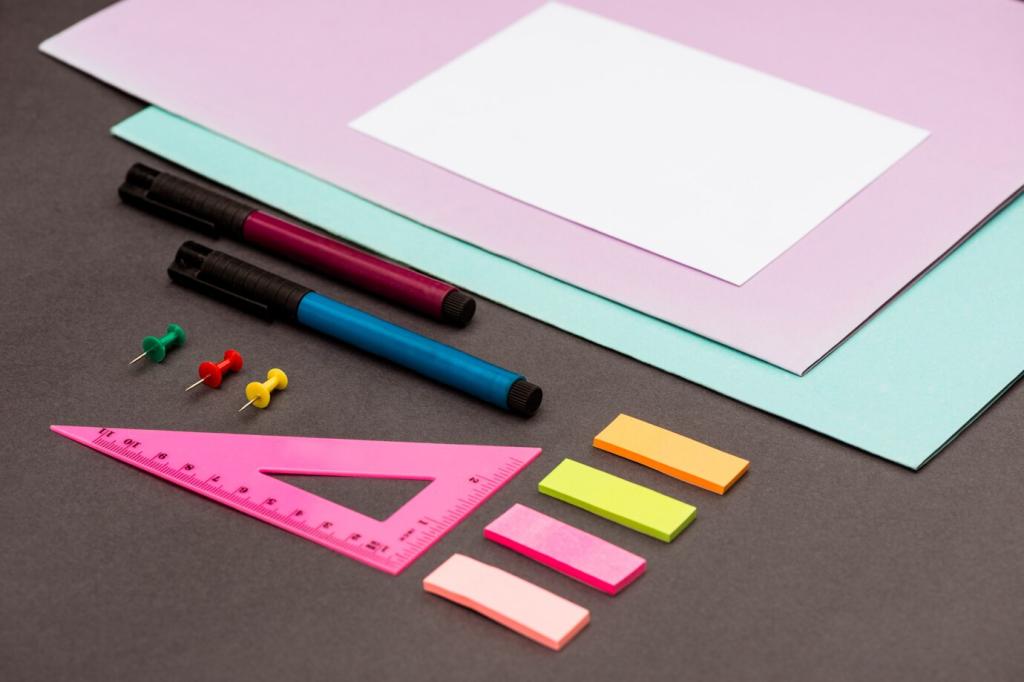Design Your Growth Map with Encyclopedic Paths
Before diving into an article, write a simple question and a desired outcome. This frames your reading, guides your focus, and ensures each encyclopedic detour advances personal growth rather than scattering your attention across endless tabs.
Design Your Growth Map with Encyclopedic Paths
Transform subjects into themed quests with start and finish criteria. For example, explore neuroplasticity, then complete a reflection note and one real-life experiment. Comment your current quest below to inspire fellow readers and find accountability partners.







